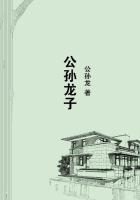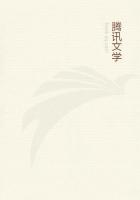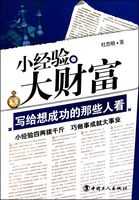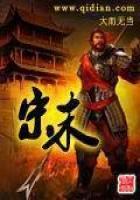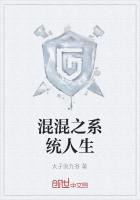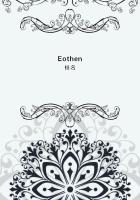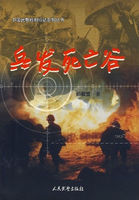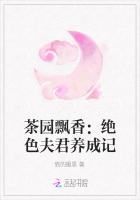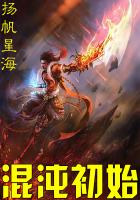Captain Doane apparently shared my girl parish- i oner's prejudice against men in the pulpit, for long afterward, on one of my visits to Cape Cod, he ad- m itted that he now went to church very rarely.
``When I heard you preach,'' he explained, ``I g en'ally followed you through and I knowed where you was a-comin' out. But these young fellers that come from the theological school--why, Sister Shaw, the Lord Himself don't know where they're comin' o ut!''
For a moment he pondered. Then he uttered a valedictory which I have always been glad to recall as his last message, for I never saw him again.
``When you fust come to us,'' he said, ``you had a lot of crooked places, an' we had a lot of crooked places; and we kind of run into each other, all of us. But before you left, Sister Shaw, why, all the crooked places was wore off and everything was as smooth as silk.''
``Yes,'' I agreed, ``and that was the time to leave --when everything was running smoothly.''
All is changed on Cape Cod since those days, thirty years ago. The old families have died or moved away, and those who replaced them were of a dif- f erent type. I am happy in having known and loved the Cape as it was, and in having gathered there a store of delightful memories. In later strenuous years it has rested me merely to think of the place, and long afterward I showed my continued love of it by building a home there, which I still possess.
But I had little time to rest in this or in my Moylan home, of which I shall write later, for now I was back in Boston, living my new life, and each crowded hour brought me more to do.
We were entering upon a deeply significant period.
For the first time women were going into industrial competition with men, and already men were in- t ensely resenting their presence. Around me I saw women overworked and underpaid, doing men's work at half men's wages, not because their work was inferior, but because they were women. Again, too, I studied the obtrusive problems of the poor and of the women of the streets; and, looking at the whole social situation from every angle, I could find but one solution for women--the removal of the stigma of disfranchisement. As man's equal before the law, woman could demand her rights, asking favors from no one. With all my heart I joined in the crusade of the men and women who were fight- i ng for her. My real work had begun.
Naturally, at this period, I frequently met the members of Boston's most inspiring group--the Emersons and John Greenleaf Whittier, James Free- m an Clark, Reverend Minot Savage, Bronson Alcott and his daughter Louisa, Wendell Phillips, William Lloyd Garrison, Stephen Foster, Theodore Weld, and the rest. Of them all, my favorite was Whittier. He had been present at my graduation from the theo- l ogical school, and now he often attended our suffrage meetings. He was already an old man, nearing the end of his life; and I recall him as singularly tall and thin, almost gaunt, bending forward as he talked, and wearing an expression of great serenity and benignity. I once told Susan B. Anthony that if I n eeded help in a crowd of strangers that included her, I would immediately turn to her, knowing from her face that, whatever I had done, she would under- s tand and assist me. I could have offered the same tribute to Whittier. At our meetings he was like a vesper-bell chiming above a battle-field. Garrison always became excited during our discussions, and the others frequently did; but Whittier, in whose big heart the love of his fellow-man burned as unquench- a bly as in any heart there, always preserved his ex- q uisite tranquillity.
Once, I remember, Stephen Foster insisted on having the word ``tyranny'' put into a resolution, stating that women were deprived of suffrage by the TYRANNY of men. Mr. Garrison objected, and the debate that followed was the most exciting I have ever heard. The combatants actually had to ad- j ourn before they could calm down sufficiently to go on with their meeting. Knowing the stimulating atmosphere to which he had grown accustomed, I w as not surprised to have Theodore Weld explain to me; long afterward, why he no longer attended suffrage meetings.
``Oh,'' he said, ``why should I go? There hasn't been any one mobbed in twenty years!''
The Ralph Waldo Emersons occasionally attended our meetings, and Mr. Emerson, at first opposed to woman suffrage, became a convert to it during the last years of his life--a fact his son and daughter omitted to mention in his biography. After his death I gave two suffrage lectures in Concord, and each time Mrs. Emerson paid for the hall. At these lectures Louisa M. Alcott graced the assem- b ly with her splendid, wholesome presence, and on both occasions she was surrounded by a group of boys. She frankly cared much more for boys than for girls, and boys inevitably gravitated to her when- e ver she entered a place where they were. When women were given school suffrage in Massachusetts, Miss Alcott was the first woman to vote in Concord, and she went to the polls accompanied by a group of her boys, all ardently ``for the Cause.'' My gen- e ral impression of her was that of a fresh breeze blowing over wide moors. She was as different as possible from exquisite little Mrs. Emerson, who, in her daintiness and quiet charm, suggested an old New England garden.
Of Abby May and Edna Cheney I retain a general impression of ``bagginess''--of loose jackets over loose waistbands, of escaping locks of hair, of bodies seemingly one size from the neck down. Both women were utterly indifferent to the details of their appearance, but they were splendid workers and leading spirits in the New England Woman's Club.

